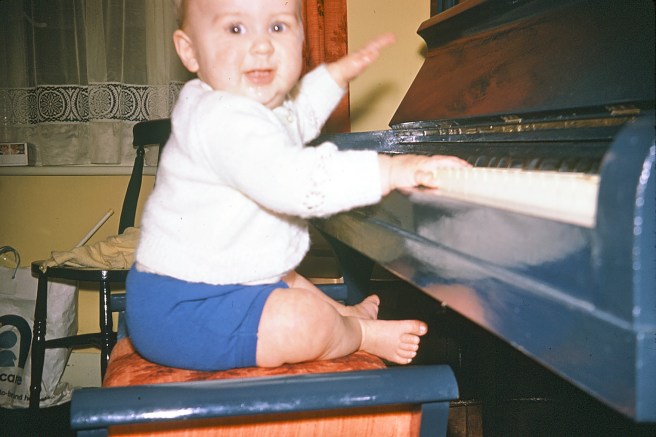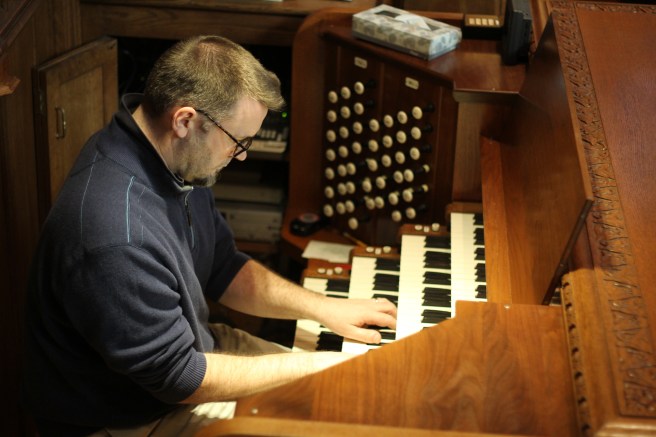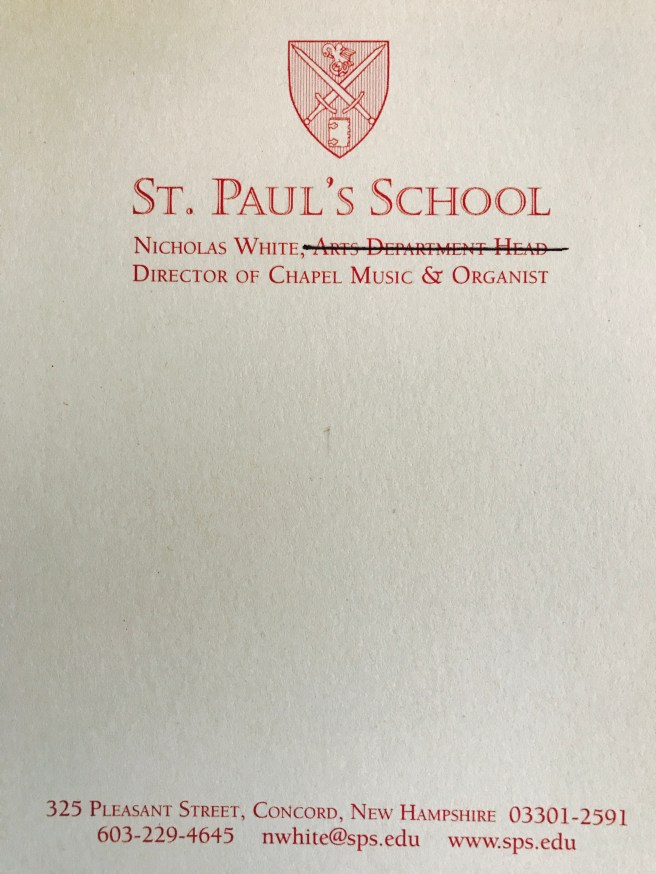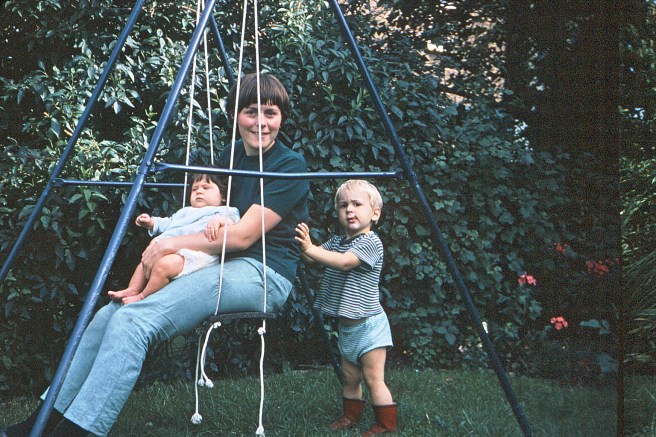

Five years ago, after serving for less than one full year as Director of Chapel Music at St. Paul’s School, I was unexpectedly appointed as Head Of The Arts Department for the school. This was set forth as a five year position. Beyond this expectation, and after ordering a new box of pens to sign almost daily invoice payments and reimbursement requests, I had virtually no idea what would be expected of me. I had not benefited from observing my predecessor at work. The timing of this appointment was unexpected. What I knew it would afford me was a seat at the table where many new initiatives for the school were discussed, policies were re-evaluated and adjusted as necessary, and a certain amount of culture and program shaping might take place. All of this was true and, in all honesty, was equal parts frequent frustration and rich reward. I will always be very grateful for this opportunity to enter more fully into the life and work of a school which, after six fulfilling years, I am increasingly happy to call home.

As I reflect on the last five years, and prepare for my seventh year as Director of Chapel Music which, in stark contrast to the Arts Head job, I feel extremely comfortable and qualified to execute, I find myself considering the areas of my former administrative position that have allowed me to grow as a person, as a professional, and as a leader. I was pulled from my comfort zone, and I am eager to translate some of these experiences into qualities that might feed my current work in the chapel, the choir and the music program. Amidst these considerations, I received an e-mail from a friend who is considering an Arts Head position. They wrote:
“As a former arts head, what would you say were the challenges that you had when facing an arts area outside of your own specific discipline? How would you handle communication and support for areas outside your comfort zone?”
My response fairly tripped across the keys of my laptop, virtually writing itself. It was an aspect of the work about which I had thought quite frequently during the last five years:
“Your question is a good one, since that is possibly the greatest challenge for an “Arts” Head, as opposed to a Department Head in another discipline. For an Arts Department to run well, to its full potential, I personally think it is best for the Department Head to act as a funnel for all of the good ideas – and the many years of experience – of the individual program leaders (Dance, Music, Fine Arts, Theatre, Film etc.) and to develop as much autonomy for those people as the system allows. Of course, your funnel should have a pretty good filter most of the time, so that there can be a sense of unanimity in approach from the department, damage control for those moments when tempers are frayed, and clarity and efficiency in communication with the Upper Administration. Nonetheless, it’s an imperfect system, driven by a perceived need for conformity, consistency and equality across the disciplines…which is rarely possible! Having said that, I think there can be a really creative, cooperative, and supportive team-driven approach with likeminded people. We can keep each other on the rails, and grow as individual artists and teachers, choosing to be fed by the challenges that arise, just as much as we might be frustrated by the feeling that, yet again, we are being asked to fit square pegs into round holes.”

One of the most rewarding and energizing realities which we, as an Arts Department, would often observe was this. While we, especially as performing artists, would struggle to apply grading norms, design rubrics that fit consistently with the wider curriculum, and so on, many of the current trends in education such as backward design, flipping the classroom, blended learning, and so on, would fit neatly into the “norms” of an artistic pursuit. While I still have trouble with the concept expressed by a former Rector of the school that we should strive, as teachers, to make ourselves dispensable – see below – the edges of the square pegs would quite often receive a little gentle sanding down, at moments when it was least expected…and most appreciated!
“Education means teaching people how to think, how to learn, and how to behave alone. The best teacher ever seeks to make himself dispensable.” Rev. Samuel Drury (Fourth Rector of St. Paul’s School: 1911-1938)
As I sit here and write, while my son watches Harry Potter Part Five, I think Dolores Umbridge sums up my feelings best, and feeds my excitement for the next five years.
“The Ministry of Magic has always considered the education of young witches and wizards to be of vital importance.The rare gifts with which you were born may come to nothing if not nurtured and honed by careful instruction. The ancient skills unique to the wizarding community must be passed down the generations lest we lose them for ever. The treasure trove of magical knowledge amassed by our ancestors must be guarded, replenished and polished by those who have been called to the noble profession of teaching. Every headmaster and headmistress of Hogwarts has brought something new to the weighty task of governing this historic school, and that is as it should be, for without progress there will be stagnation and decay. There again, progress for progress’s sake must be discouraged, for our tried and tested traditions often require no tinkering. A balance, then, between old and new, between permanence and change, between tradition and innovation because some changes will be for the better, while others will come, in the fullness of time, to be recognized as errors of judgement. Meanwhile, some old habits will be retained, and rightly so, whereas others, outmoded and outworn, must be abandoned. Let us move forward, then, into a new era of openness, effectiveness and accountability, intent on preserving what ought to be preserved, perfecting what needs to be perfected, and pruning wherever we find practices that ought to be prohibited.” Dolores Umbridge (Harry Potter And The Order Of The Phoenix)
And the final word goes to Stephen Hawking who, although he didn’t realize it, would frequently cross paths with me when we were dodging traffic on Queens Road in Cambridge, England, when I was an undergraduate organ scholar. It’s OK. I didn’t know who Stephen Hawking was either back in 1987…!




Nick, it’s great to read your words again. But the last words seem to go to J. K. Rowling and Steven Hawking, different perspective’s of the same universe. I always find your perspectives on liturgy, Music, and teaching insightful. You always seem able to make that which is traditional speak to that which is modern and blend them together as one to speak to all.
LikeLike
Thank you, Bob!
LikeLike